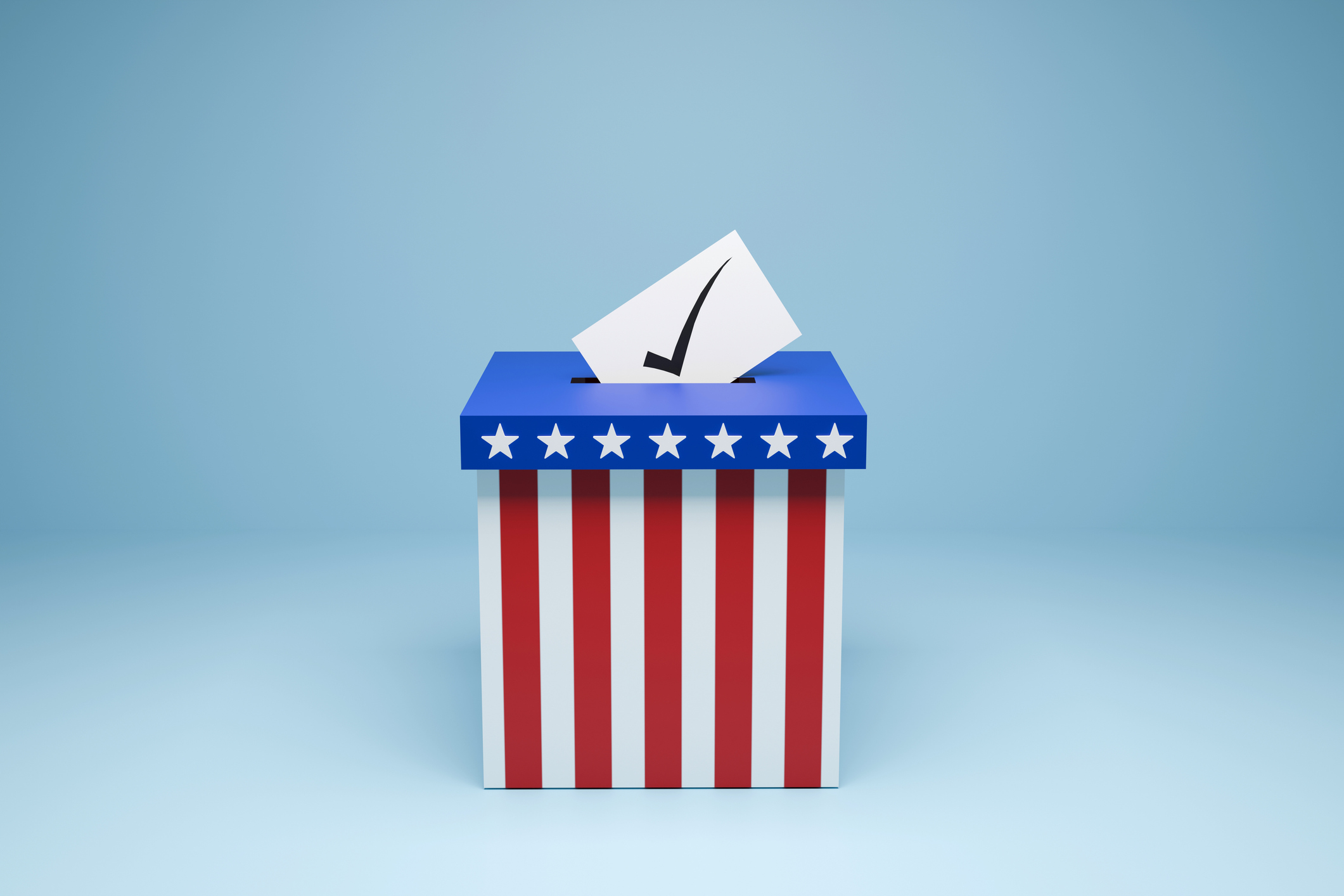Before I became chair of the Democratic National Committee (DNC), I spent my life working at every level of my party. My first boss was the late Senator Paul Wellstone, a progressive champion who took bold stances—like voting against the Iraq War—that angered a lot of powerful people.
All of us young kids who worked for him back then were fiery. We wanted to burn down the institutions that maintained the status quo. I remember Paul told us, you can be pissed off, and you can be angry, but there’s no institution that will change solely from the outside. You have to get in there and change it yourself.
[time-brightcove not-tgx=”true”]
There’s been a lot of talk lately about the role of the Democratic Party, and what role the national party should play in picking our general election candidates. Recently, a DNC vice chair announced an initiative to put their thumb on the scale in democratic primaries. Let me explain why this is a mistake.
Truth be told, I’m a reformer, too. That’s why I’ve spent the past decade making sure our party cannot ever again be perceived as having a thumb on the scale for one candidate. And also why, as DNC Chair, I am determined to make sure we don’t repeat the same errors of the past.
Let me explain.
Eight years ago, the Democratic Party was at one of the lowest points in its history. Not only did we fail to stop Donald Trump’s election, but we had lost the faith of Democratic voters. The DNC was besieged by accusations that it had favored one candidate over another during the presidential primary process. The controversy alienated even our party’s most loyal supporters who felt that party bosses, not Democratic primary voters, were deciding which candidate would emerge in the general election as the Democratic nominee. They threatened to leave the party for good.
And as we stared down the barrel of the Trump presidency, our party was weak at a moment when working families needed us to be strong. When you lose the trust of your voters, you lose your ability to fight for them. Indeed, 2016 was an existential moment for our party. To dig ourselves out of this crisis, we had to make structural changes.
Around that time I was elected to lead an organization that most people have never heard of: the Association of State Democratic Committees. All of a sudden, my job was to organize all 57 state and territory parties across the Democratic ecosystem.
This gave me a chance to work with the DNC’s newly elected leadership to make important structural changes.
First, the 2016 primary had brought new attention to the role of “superdelegates” in our process. At a contested convention like the one in 2016, they could potentially cast the deciding votes in a close race. I put forward a solution that dramatically changed, and reduced, the role of superdelegates, ensuring that the will of the voters, and not party insiders, would prevail in choosing the party’s nominee in the general election.
Second, along with my fellow Minnesotan, then-Rep. Keith Ellison, I advocated for a wide-reaching neutrality policy that would eliminate even the appearance of favoritism towards one candidate or another in the day-to-day work of the DNC. In my new position as Chair, I believe it is time this is cemented in our bylaws.
This isn’t about one individual’s perspective, it’s about principle. It doesn’t matter if you’re a challenger or an incumbent. It doesn’t matter if you’re 18 or 80. Do I have a point of view? Of course. But as DNC Chair, at the helm of the institution that calls the balls and strikes, that’s not up to me to decide. You can’t be both the player and the referee. Our job is clear cut: let voters vote, and once they’ve made their choice, to fight like hell to get that Democrat elected to office.
This isn’t a personal stand, it’s a principled stand for something greater than any one of us: the integrity of our party’s democratic process. Our role is to serve as stewards of a fair, open, and trusted process—not to tilt the scales.
In the coming days, I’ll introduce a new slate of structural reforms that codify these principles of neutrality and fairness into our official party rules, requiring all party officers—myself included—to remain neutral in all Democratic primaries. A clear neutrality policy protects against the misuse or abuse of power by those in official positions.
The Democratic Party’s Charter puts it best: “a party which asks for the people’s trust must prove that it trusts the people.”

